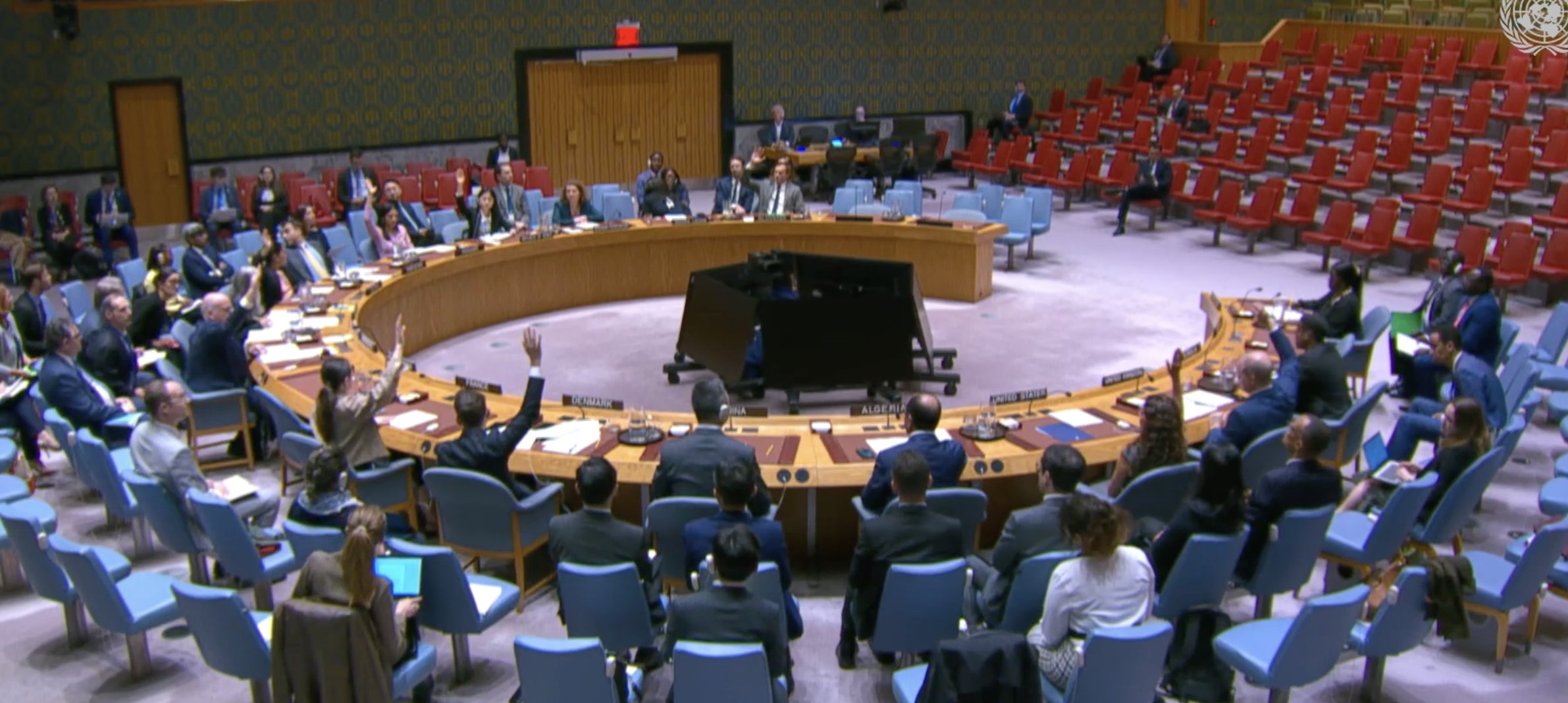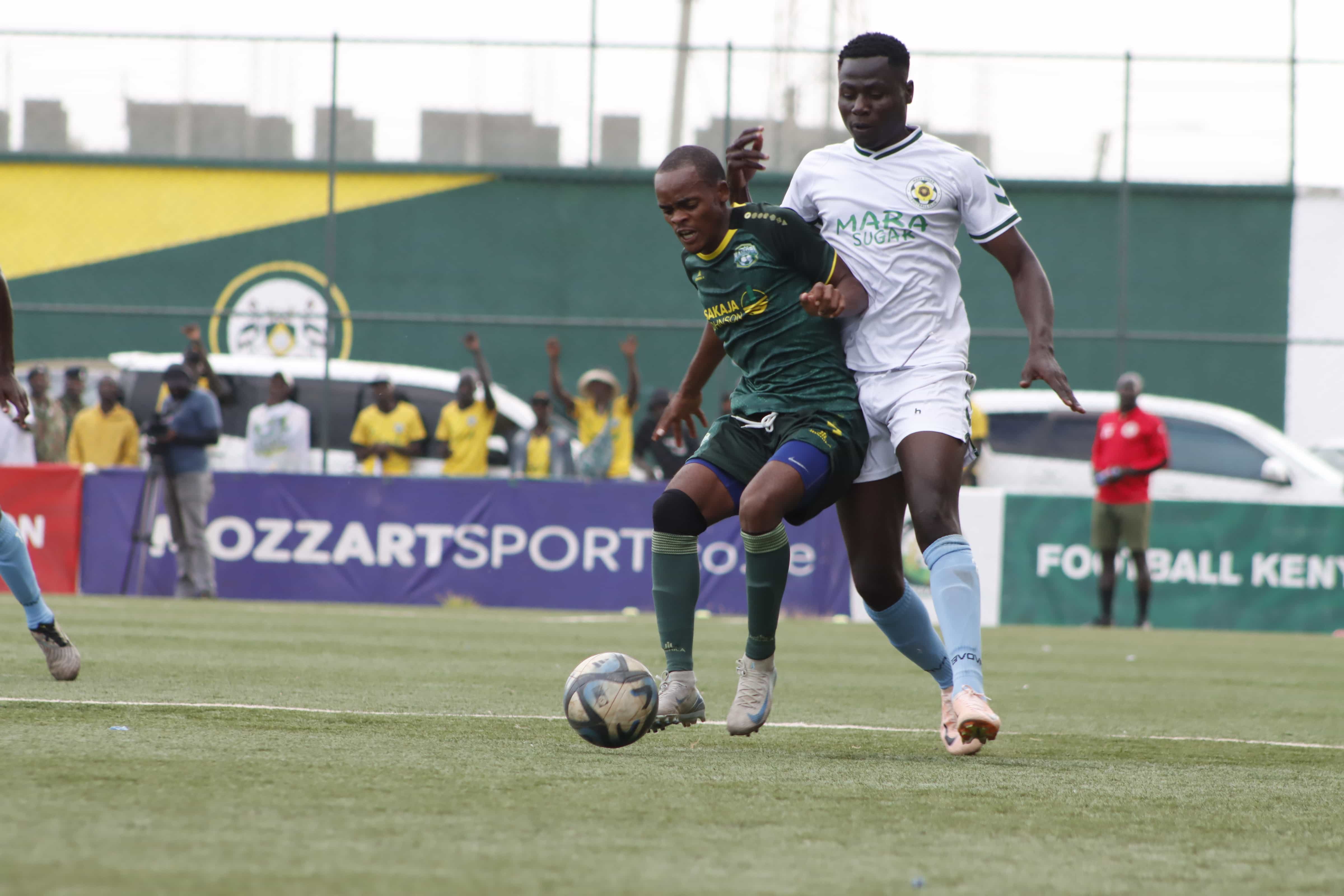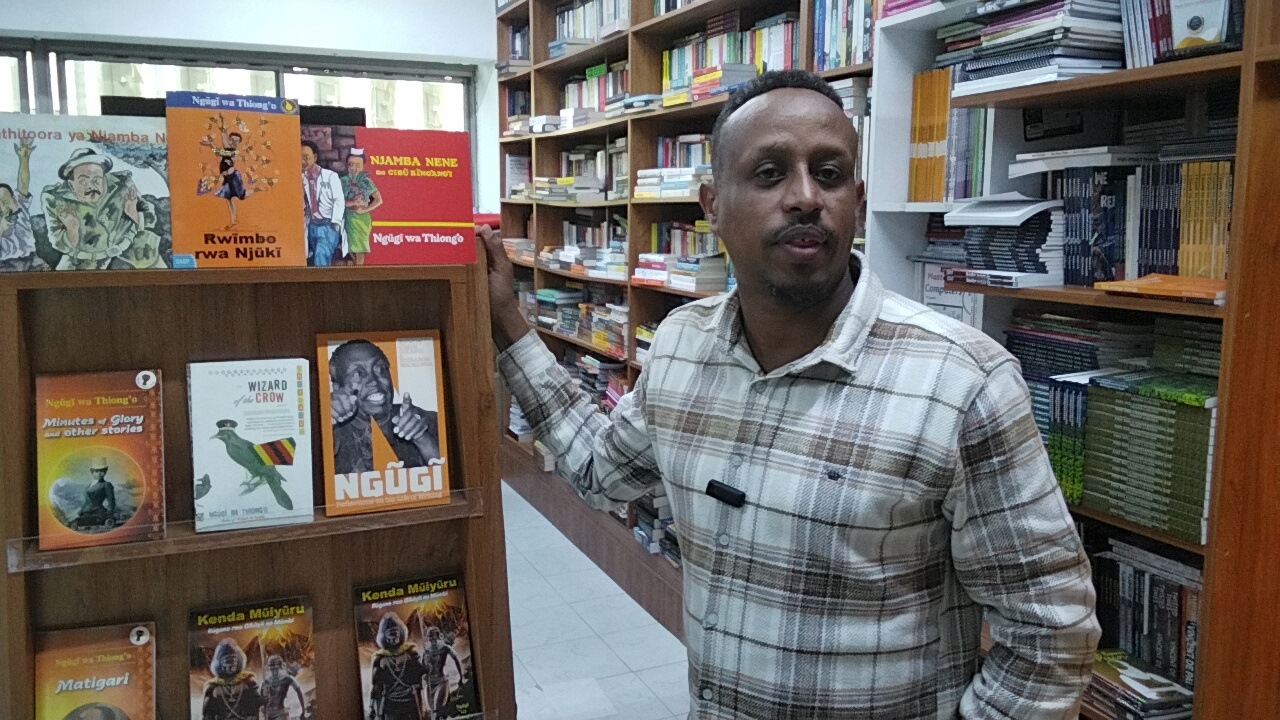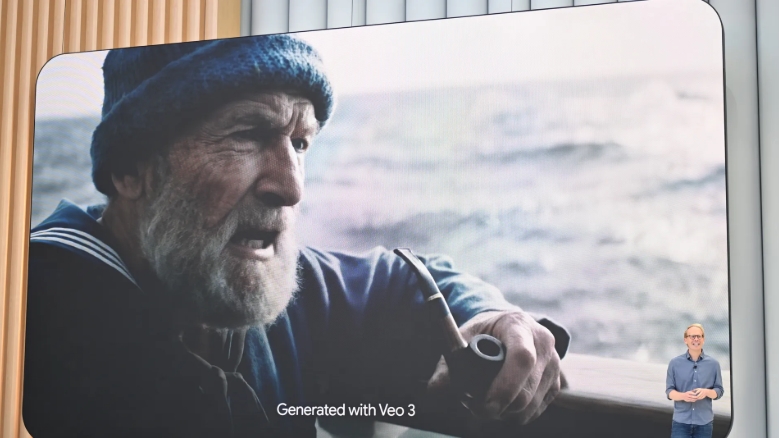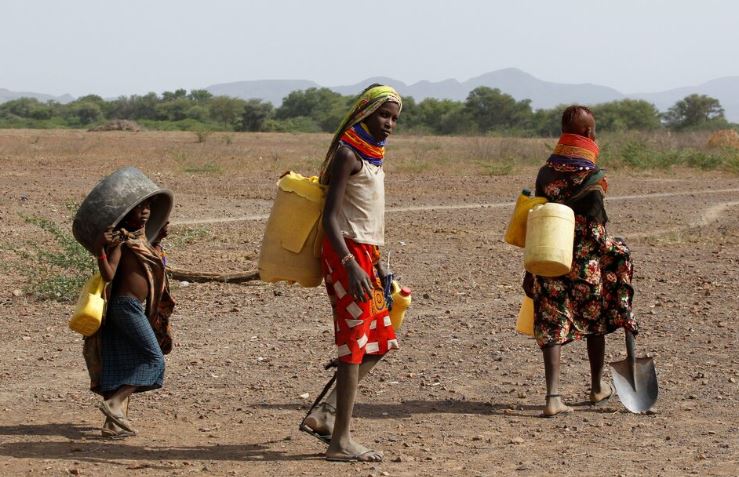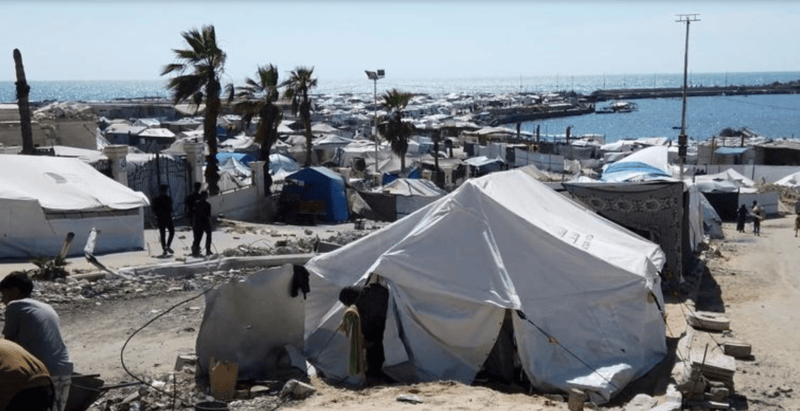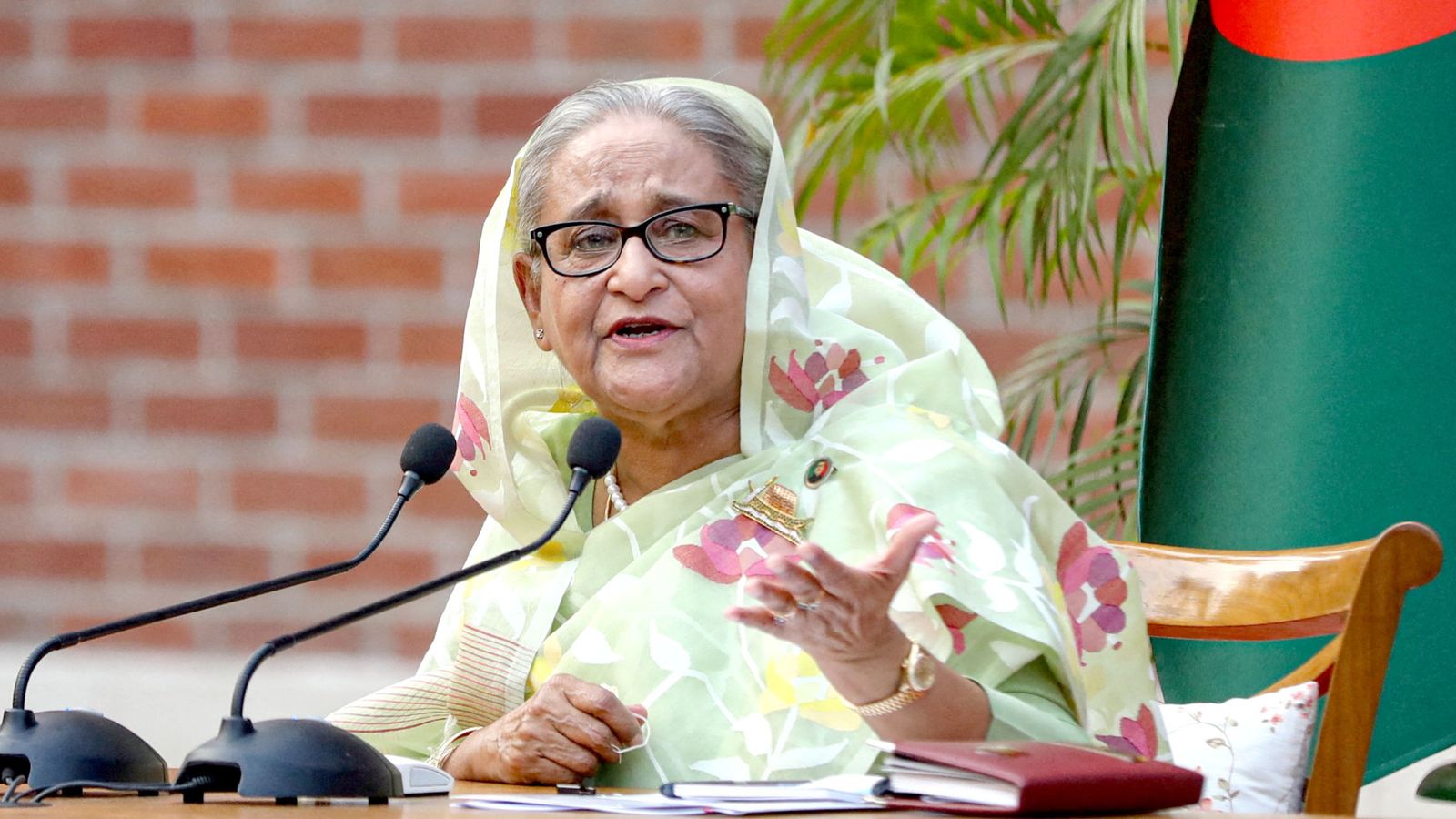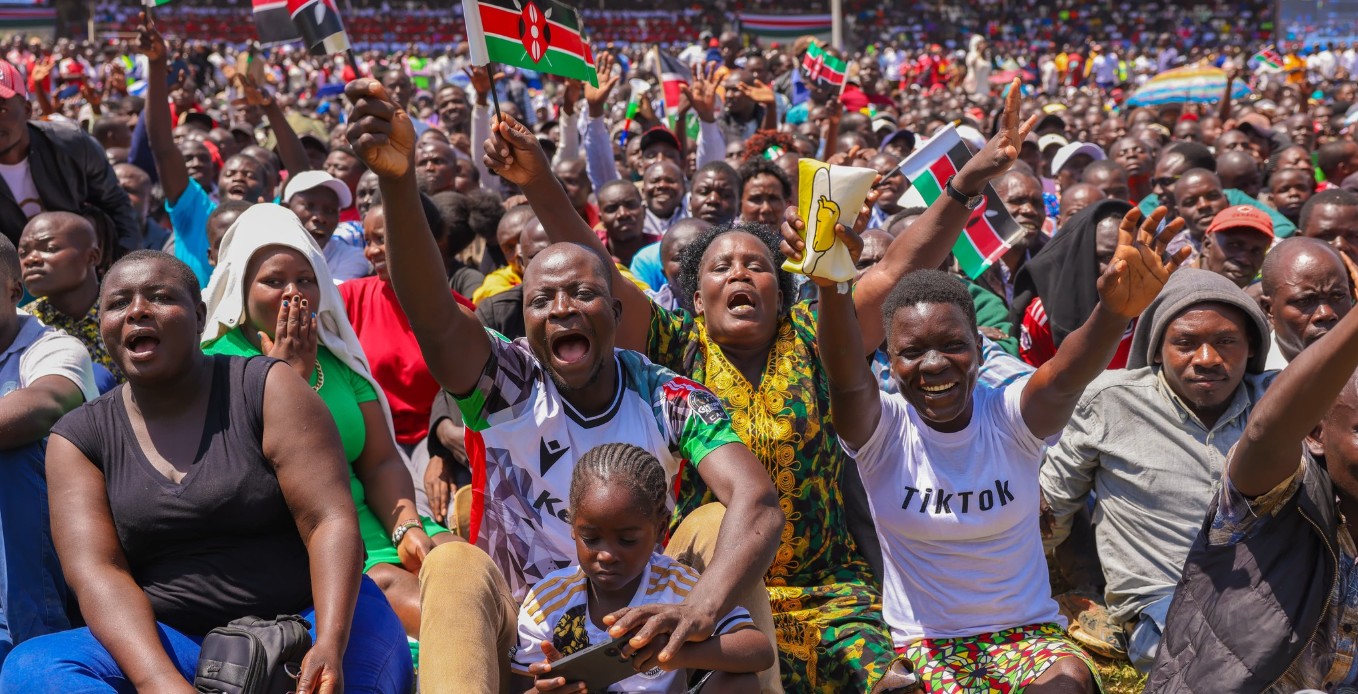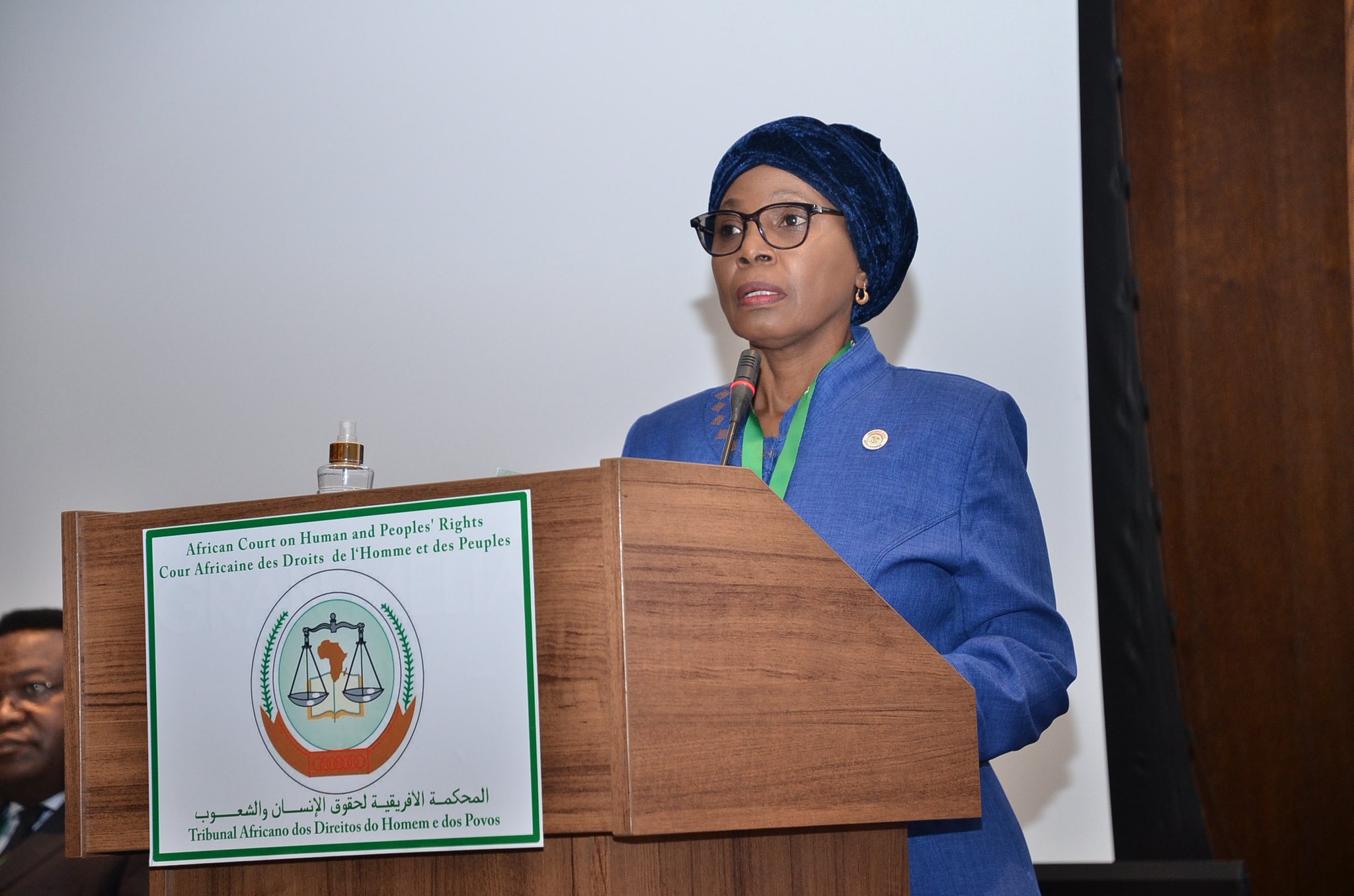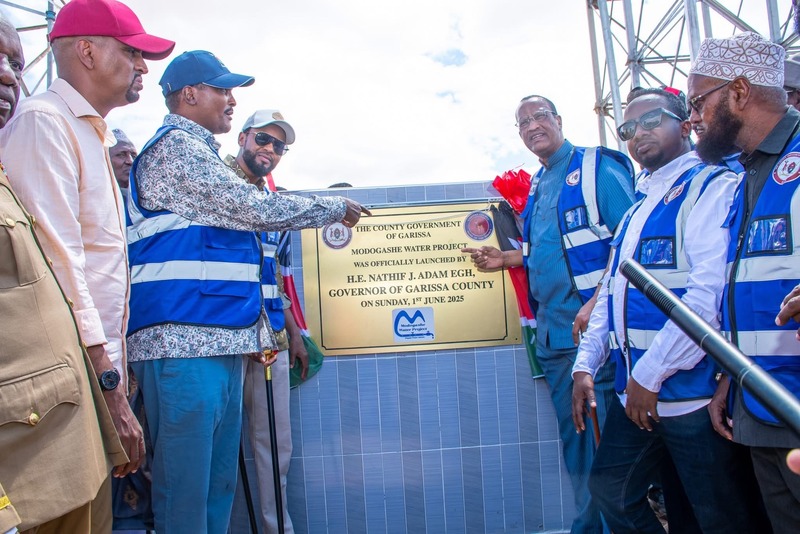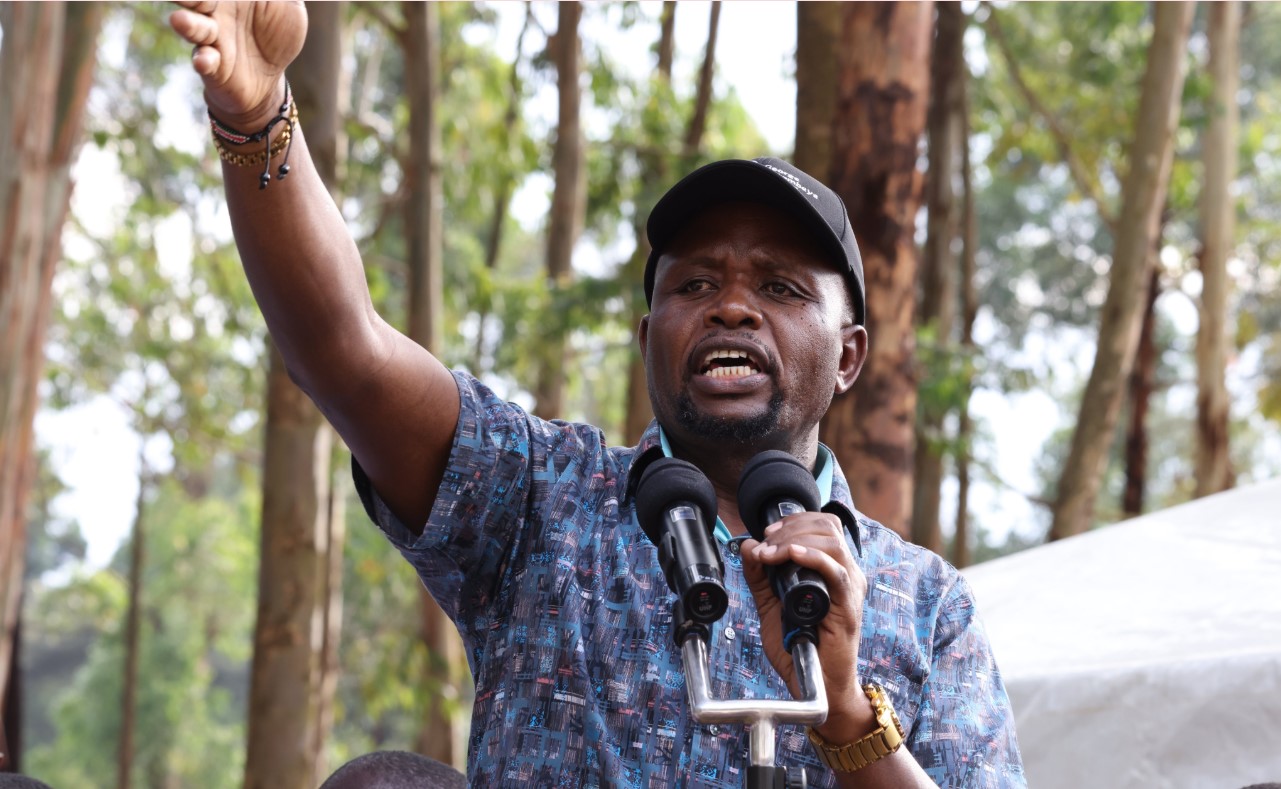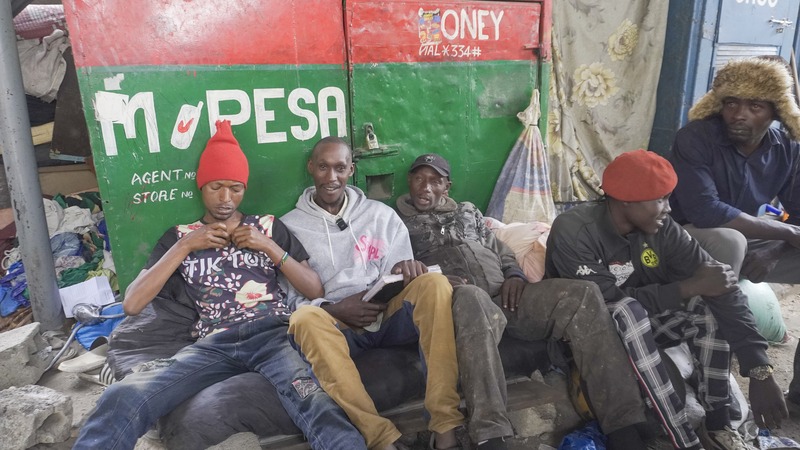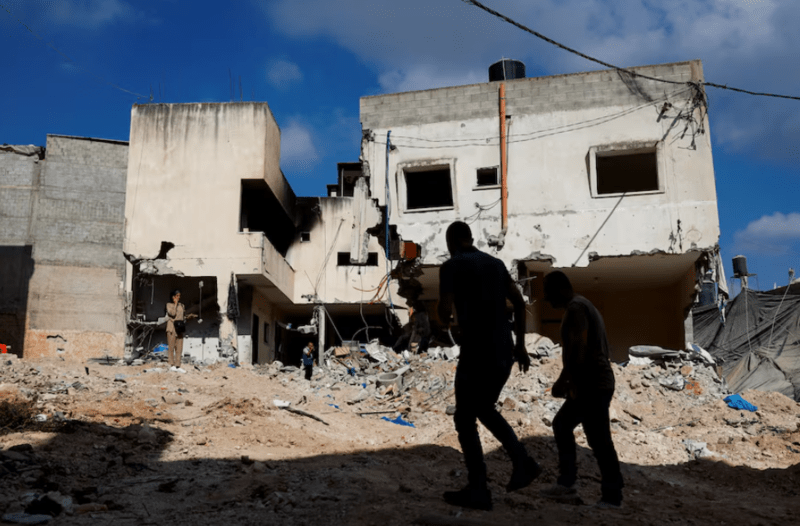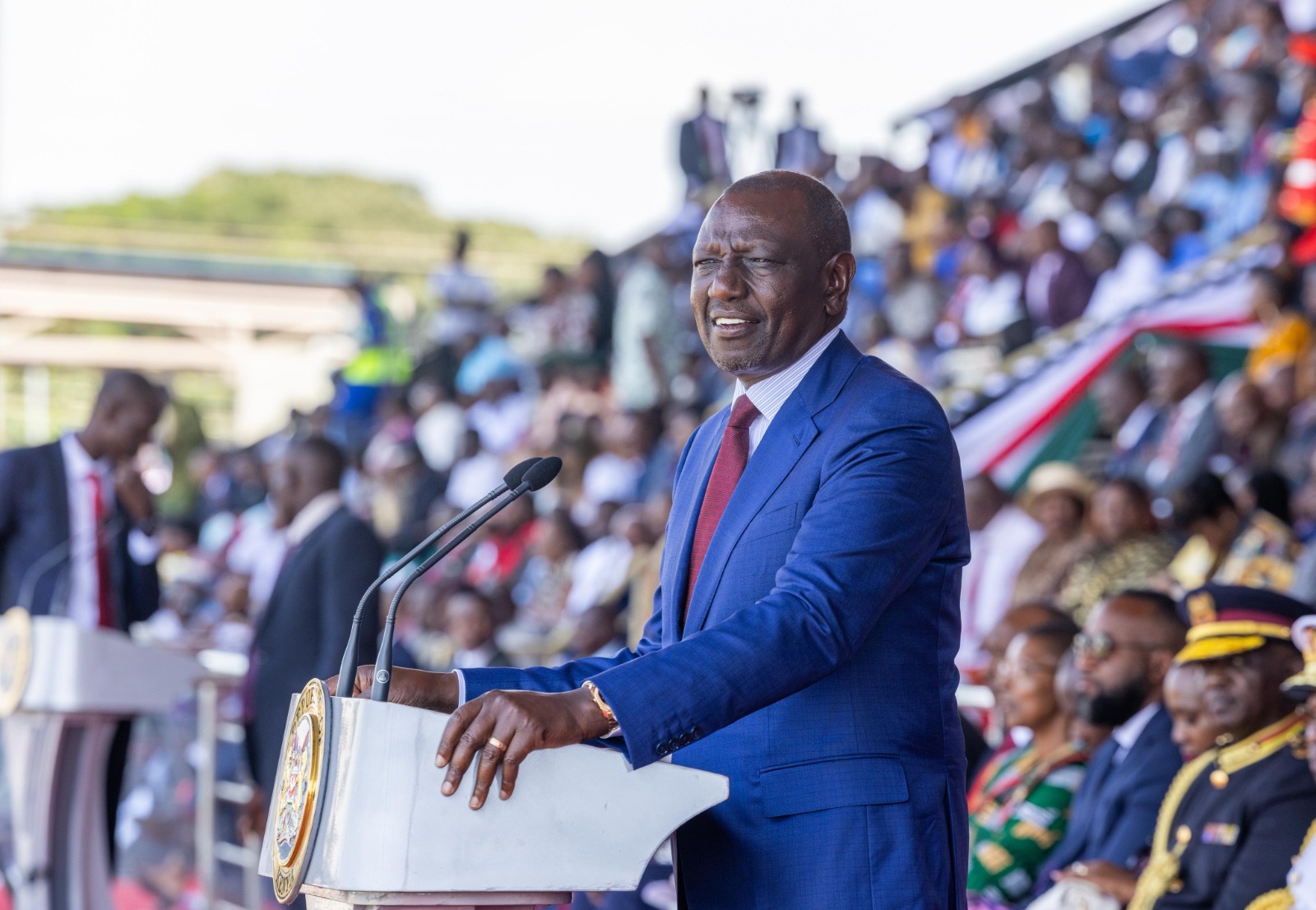Millions splurged in campaigns for positions in IEBC hiring panel
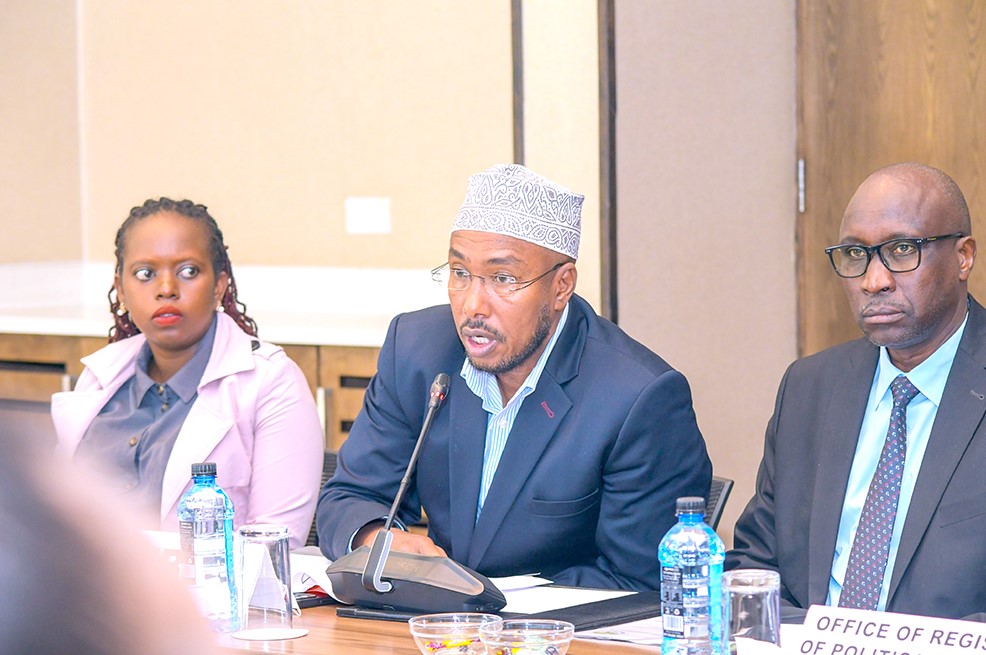
In the IEBC Amendment Act 2024, politicians carved for themselves a role in the initial recruitment and subsequent vetting of nominees
Candidates hoping to sit in the panel which will recruit the next electoral commissioners splurged millions of shillings in their attempts to secure the temporary positions, sources privy to goings-on have told The Eastleigh Voice.
In the clearest pointer to the high stakes involved in the picking of the Independent Electoral and Boundaries Commission (IEBC) officials, potential candidates for the selection panel pulled all stops to bag the positions, treating interest groups, opinion shapers and key decision-makers to sumptuous receptions in exotic city joints.
More To Read
- IEBC nominee Hassan Noor confirms Junet Mohamed kinship, vows no bias if appointed
- IEBC nominee Hassan Noor: Commission is “not an island”, it can't operate in isolation
- IEBC commissioner nominee Hassan Noor: I was a solution during 2007/2008 crisis, not the problem
- Watch: Nominated IEBC commissioner Fahima Abdalla faces vetting panel
- IEBC commissioner nominee Mukhwana dismisses fears over lawyers causing divisions in electoral body
- Watch: Nominated IEBC commissioner Francis Aduol faces vetting panel
The competition was particularly stiff for nominees by political parties where competence was being sacrificed on the altar of popularity, connections, depth of pockets, and the intensity of their decibels.
In the IEBC Amendment Act 2024, politicians carved for themselves a huge role in the initial recruitment and subsequent vetting of the nominees. Of the nine panellists, the political class has five direct nominees in the recruitment panel, and technically two more through the Inter-religious Council nominees.
Two of the five direct political nominees are from the Parliamentary Service Commission (PSC) while the rest represent the Political Parties Liaison Committee from majority and minority parties and non-parliamentary seats.
“I know a candidate who spent upward of Sh3 million, and another who spent close to a million campaigning for the position,” a source who was involved in the process told The Eastleigh Voice in confidence.
The spending was mostly for breakfast and lunch meetings, transport to and from suburban meeting joints, and drinks for late-night meetings. The campaign preceded the voting for the three nominees which took place in Machakos on July 26, 2024.
“I didn’t see the point in the spending unless there is something they are not telling us. They are not likely to recoup the money they are spending in the three months they will be in office,” a delegate who participated in the election said.
For the non-parliamentary slot, Lilian Gor, Kathuri Mugambi and Evans Misati squared against each other, with Misati flooring his rivals. For the majority parties, Nicodemus Bore squared it out with Benedict Wandeto with the former carrying the day.
In the minority parties contest, Augustus Kyalo defeated Dr Koki Muli-Grignon, but his name was later rejected by the coalition. Kyalo has since challenged the rejection at the Political Parties Dispute Tribunal.
“The respective nominating bodies shall select the nominees for appointment through a competitive and transparent process,” the law says, while also requiring them to observe the two-thirds gender principle.
The Institute for Certified Public Accountants of Kenya nominated Tanui Andrew Kipkoech while the Inter-Religious Council of Kenya maintained their nominees for the earlier-botched process,
Dr Nelson Makanda and Fatuma Saman. The Law Society of Kenya picked Caroline Kituku.
The PSC has kept its cards close to its chest and has not released its nominees so far. Franklin Mukwanja, the executive director of the Centre for Multiparty Democracy says the flooding of the panel with political nominees predisposes it to the vagaries of politics.
“The five, together with the inter-religious nominees — our religious leaders tend to be clergy by day and politicians by night — makes it a total of seven politicians. I am not surprised that we are already seeing fireworks,” Mukwanja says.
In the last recruitment which produced Wafula Chebukati as chairman, panellists representing political formations engaged in ugly horse-trading in award of marks, shooting down the best candidates to improve the chances of their picks. In the order of performance, Chebukati was the second last of the nominees for the chairperson’s position with a score of 63.17 per cent.
He miraculously leapfrogged through seven other nominees ahead of him in marks, to be appointed the chairman.
In that panel, the political formations of the time — Jubilee and Cord —had two nominees each in the panel. They were balanced out by four representatives of the religious groups, some who turned out to be more calculating politicians than the political representatives. The final card was the representative of the Public Service Commission who also chaired the institution.
The commission they recruited ended up pulling in different directions for the better part of its term, leading to the now infamous Bomas rupture when it split right in the middle at the most critical moment — the announcement of presidential election results.
“The sad bit about it all is the fact more focus appears to have been placed on expanding the panel as opposed to addressing the real issues identified over the national dialogue but also the issues raised in successive presidential petitions over the years,” Mukwanja says, expressing little hope for the panel.
Among the issues raised in the last petition was the spectre of the “boardroom rupture” witnessed when some IEBC commissioners issued parallel results while denouncing the official ones.
On corporate governance, the Supreme Court recommended the enhancement of the statutory and regulatory framework on the separate policy and administrative roles of IEBC, clear delineation of roles for the chairperson, commissioners and secretariat, and simplification of electoral forms among others.
“There is more interest in the control of the process, as opposed to reforming the commission to deliver for the country,” Mukwanja says.
Former Mandera Central MP Abdikadir Mohamed says there is no room for sideshows, and calls on the parties to focus on delivering a credible team that can conduct free, fair and credible polls.
He says constitutional processes such as constituting the IEBC are not subservient to “our political shenanigans”. According to him, there are very few reforms needed to enable Kenya to conduct free and fair polls.
“We have enough laws. People just need to do the right thing. There should be no rush in constituting this body. In any case, the absence of commissioners does not presuppose the absence of the commission. We still have IEBC, without the commissioners,” he says.
He says the focus should be to grow the body-corporate institution of IEBC which conducts the elections. However, the political class has ignored the institution and is focused on the constitution of the seven commissioners.
Top Stories Today


